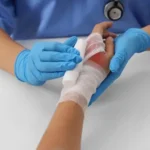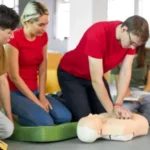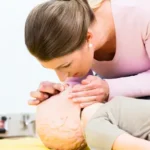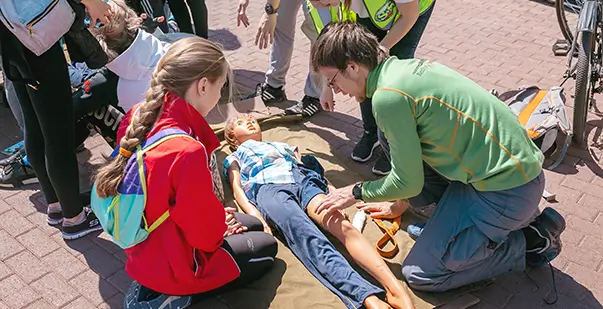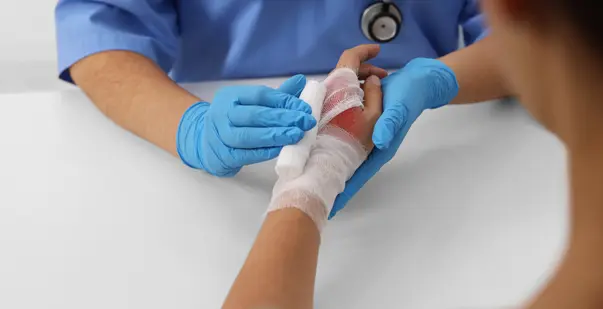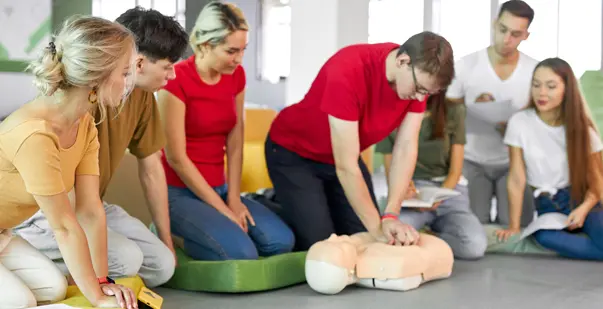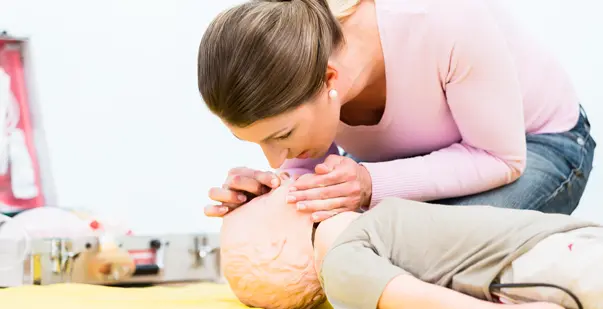Medical emergencies can happen anytime and anywhere, and it’s crucial to know what to do when they occur. In many cases, a bystander may witness an emergency and be the first to help the victim. This is where bystander intervention and CPR training for events play a critical role.
Learning CPR from the American HealthCare Academy (AHCA) can help you be ready for emergencies all the time. Nowadays, healthcare certifications are very popular. There are many courses available online, which makes it tough to choose the right life-saving course. But by taking up a CPR online course from AHCA, you can improve your skills and get prepared to respond to life-threatening situations.
Critical Role of Bystander Intervention in Emergencies at Events
Bystander intervention is critical in emergencies at public events, especially when it comes to performing CPR. Here are five reasons why:
– Immediate Response
In an emergency, every second counts. Bystanders who are trained in CPR can provide immediate assistance to the victim before the arrival of medical professionals. This can make a big difference in the victim’s chances of survival.
– Accessibility
Bystanders are usually the first to notice an emergency, and they are often the closest to the victim. Quick action from a bystander can make a significant impact in saving a life.
– Empowerment
Learning CPR and other life-saving techniques can empower bystanders to act in an emergency. They can become an integral part of the response team, which helps to save lives.
– Responsibility
Being prepared for an emergency and knowing how to perform CPR creates a sense of responsibility among bystanders. They can take pride in knowing that they can help others in need.
– Community Health
Bystander intervention in emergencies helps to promote community health. This can lead to more people being CPR trained for events, which in turn can save more lives in the future.
Basics of CPR Education and its Role in Event Safety
– CPR stands for cardiopulmonary resuscitation, which is a lifesaving technique used to help someone who has stopped breathing or whose heart has stopped beating.
– CPR education teaches people:
- How to recognize the signs of cardiac arrest
- Call for emergency services
- Perform chest compressions
- Give rescue breaths
- Use an automated external defibrillator
– In an event setting when a medical emergency occurs, bystanders who are trained in CPR can quickly step in to help the person in need. They can potentially save their life before emergency services arrive.
– CPR training is widely available. Event organizers need to encourage attendees to take CPR training before attending the event.
– By providing CPR education and encouraging bystander intervention, event organizers can help ensure the safety and well-being of their attendees. In addition to potentially saving lives, this can also create a sense of community and preparedness among event-goers.
Benefits of Providing CPR Training to Event Staff and Volunteers
- Increased safety
CPR-trained staff and volunteers can provide quick and effective assistance to someone experiencing a cardiac arrest, potentially saving their life.
- Faster response time
When more people are CPR trained for events, there is a greater likelihood that someone will be nearby and able to intervene quickly in the event of an emergency.
- Improved confidence
Knowing how to perform CPR can help staff and volunteers feel more confident and prepared to handle emergencies.
- Legal protection
By providing CPR training to staff and volunteers, event organizers can demonstrate that they have taken reasonable steps to ensure the safety of attendees, which may provide legal protection in the event of an emergency.
- Positive reputation
Hosting events with CPR-trained staff and volunteers can improve the reputation of the event organizers, as attendees will feel more secure knowing that emergencies are being taken seriously and appropriate measures have been put in place.
Conclusion
By having the knowledge and confidence to perform CPR and other life-saving techniques, bystanders can help increase the victim’s chances of survival until emergency medical services arrive. Learn CPR and don’t be a bystander anymore!




